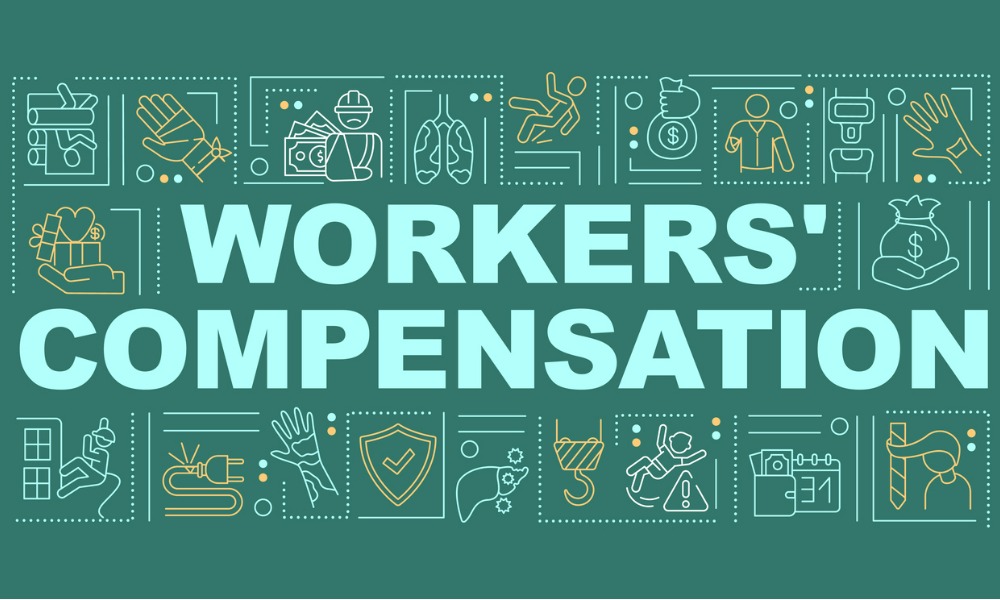
Workers' compensation claim arises due to injury suffered during accident at work

A late truck driver was working as an employee, not as an independent contractor, and was thus entitled to compensation for injuries sustained at an accident, a panel of the Workers’ Compensation Appeals Board of California recently said.
The case of Vogt vs. Badyal Bros. Enterprise involved a workers’ compensation claim of the deceased applicant, who was involved in a February 2017 accident while working as a truck driver for the defendants – Badyal Brothers Enterprise, a California corporation, and Amolak Singh Badyal, its substantial shareholder.
Mr. Badyal testified that he used a truck owned and insured by a company that he owned and leased to another company that he owned for his business of hauling freight. According to Mr. Badyal, he hired the applicant, terminated him upon learning that worker’s compensation was required, then rehired him after he offered to work without being paid as an employee.
The issue was whether the applicant was an employee under section 3351 of California’s Labor Code or an independent contractor under section 3353. The workers’ compensation administrative law judge found that he was an employee.
Read more: Employee or independent contractor? California worker injured at remodeling job
This prompted the defendants to file a petition for reconsideration. They argued that the applicant was an independent contractor.
The panel of the Workers’ Compensation Appeals Board denied the defendants’ petition. The applicant worked for the defendants as an employee and not as an independent contractor, the panel decided.
First, the panel found that the defendants retained control over the applicant’s work. Mr. Badyal would tell him the date for picking up a load, the date for completing the delivery, and the location of the delivery. The applicant would ask him for help if he had problems with deliveries.
Next, the panel applied the secondary factors in the case of S. G. Borello & Sons, Inc. v. Dept. of Ind. Relations (1989). The panel found that these factors also supported the theory that the applicant was working as the defendants’ employee for the purposes of workers’ compensation law.
The Borello factors included:
Here, the panel found that the evidence showed the following. First, the defendants had a business of hauling freight by truck. Second, the defendants supplied the truck that the applicant used. Third, the defendants decided the pickup and delivery locations. Fourth, the applicant had a skill that, at a minimum, required a specialized driving license.
The panel also noted that the defendants paid the applicant per mile of freight delivered. This payment method more closely corresponded to paying by the time, not paying by the job, the panel said.
On the other hand, the panel found no evidence that the applicant was supposed to stop working or had a distinct occupation or business. There was also no evidence that truck drivers usually did their work under a principal’s direction.